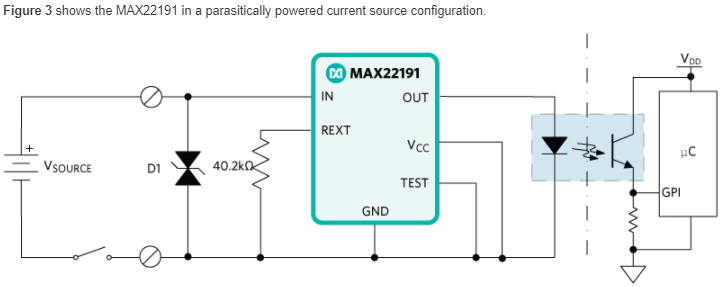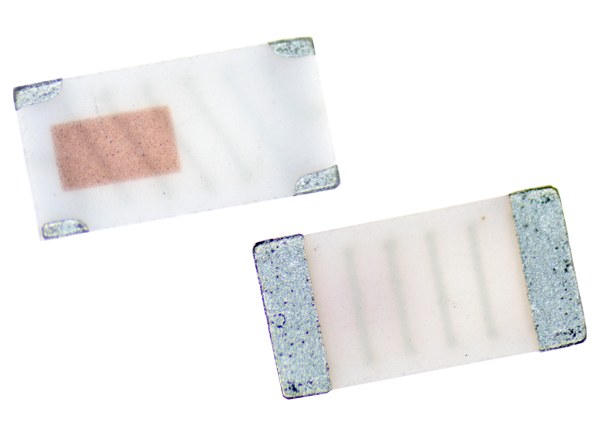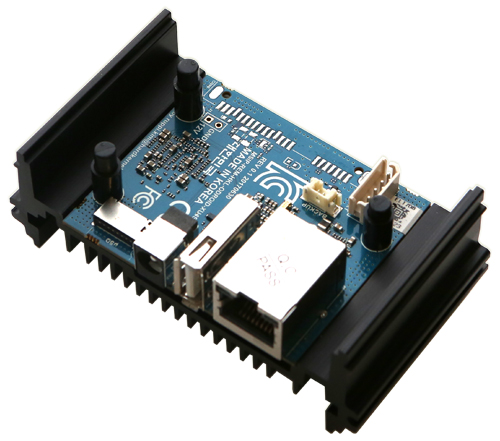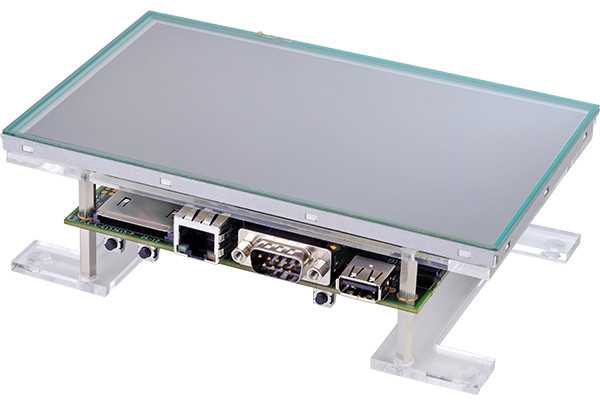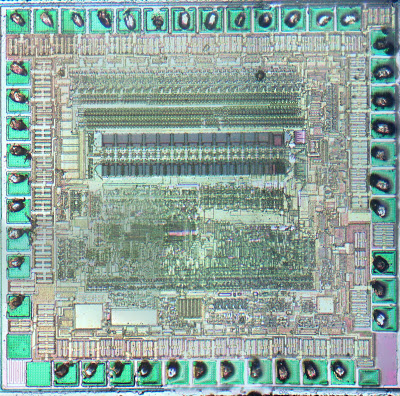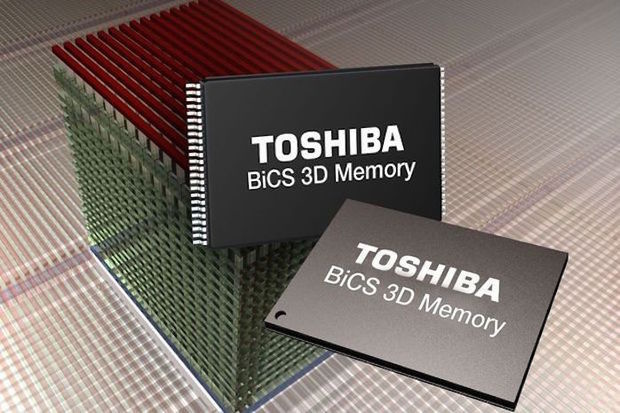
Toshiba Memory Europe has developed a prototype sample of a 96-layer BiCS FLASH, memory device using its proprietary 3D flash quad level cell (QLC) technology, claimed to boost single-chip memory capacity to the highest level yet achieved.
QLC technology increases the bit count for data per memory cell from three to four, “significantly expanding capacity” says Toshiba. The memory devices achieves the industry’s maximum capacity of 1.33Tbits for a single chip. It was jointly developed by Toshiba Memory Europe with Western Digital.
The memory also realises 2.66Tbytes in a single package by using a 16-chip stacked architecture. This is claimed to be an unparalleled capacity in a memory device, and is designed for the anticipated volumes of data generated by mobile terminals, as well as the spread of SNS, the progress in the IoT and the demand for analysing and using that data in real time. All of which are expected to increase dramatically. Data volumes will also require even faster HDDs and larger capacity storage and such QLC-based products, using the 96-layer process, will contribute to the solution, believes Toshiba Memory Europe.
Toshiba Memory will start to deliver samples to SSD and SSD controller manufacturers for evaluation from the beginning of September and expects to start mass production in 2019.
A packaged prototype of the new device will be exhibited at the 2018 Flash Memory Summit in Santa Clara, California, USA from August 6th to 9th.
Toshiba Memory Europe is the European business of Toshiba Memory, and offers a broad product line of flash memory products, including SD cards, USB flash drives, and embedded memory components, in addition to solid state drives (SSDs). Company offices are in Germany, France, Spain, Sweden and the United Kingdom.
http://www.toshiba-memory.com





